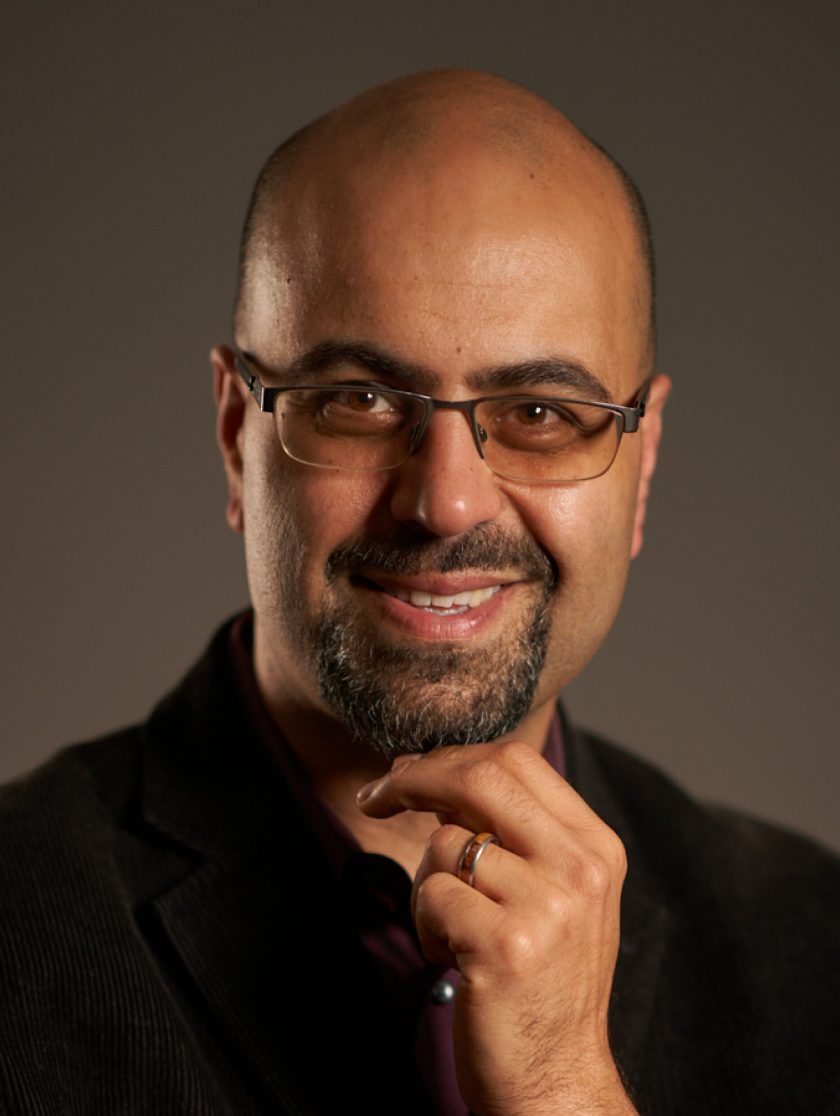Abstract
Mental disorders arise from brain circuit dysfunctions, but most of our treatments target the whole brain rather than defined circuits. Deep brain stimulation (DBS) is a more circuit-directed approach that has done well in movement disorders, but has very mixed results in randomized clinical trials for mental illness. Part of the difficulty is that psychiatric DBS is delivered in a trial-and-error fashion, without clear evidence that it engages the target circuits. I will discuss new strategies for developing biomarkers to guide that target engagement, centered around the idea of understanding how brain stimulation changes cognition and decision-making. We have identified ways in which DBS can augment top-down executive function and have linked those changes to cortical electrophysiology. In animals, we have developed new approaches to understand how those changes occur and how we can leverage them for clinical benefit. Taken together, these offer the prospect of a new generation of rationally designed brain stimulation therapies.
Bio
Alik Widge, MD, PhD is a brain stimulation psychiatrist and biomedical engineer. He is an Assistant Professor of Psychiatry at the University of Minnesota, where he directs the Translational NeuroEngineering Lab. Dr. Widge completed his MD at the University of Pittsburgh, his PhD in Robotics at Carnegie Mellon University, psychiatry residency at the University of Washington, and fellowships at Massachusetts General Hospital and the Massachusetts Institute of Technology. His research focuses on brain stimulation for severe and treatment-resistant mental illness, with particular emphasis on deep brain stimulation and related implantable technologies. Dr. Widge’s recent work has demonstrated new algorithms for closed-loop brain stimulation, stimulation methods for modifying connectivity in the distributed circuits of mental illness, and hardware solutions for embodying those insights. His laboratory studies both rodent models for prototyping these new technologies and human participants to identify biomarkers and targets for future intervention.


